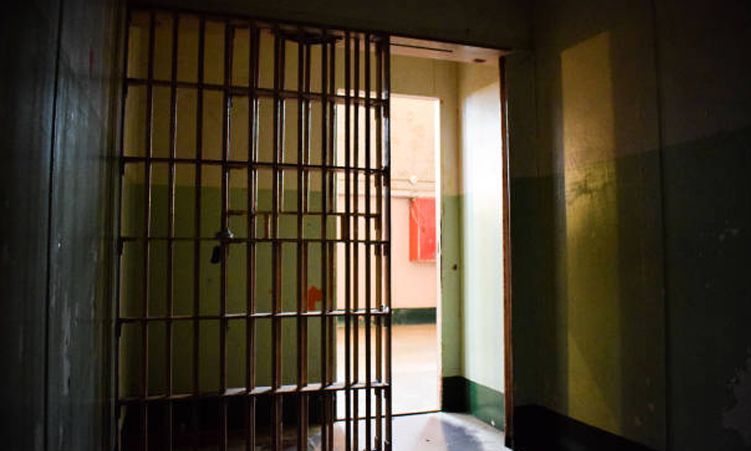ETHNIC Chinese at the multi-million-dollar Ramatex Textile Factory boycotted work for a second day yesterday, in protest at their conditions of employment.
On Wednesday, an estimated 300 to 400 employees from Factories A and B downed tools after lunchtime and demanded a discussion of their grievances with the Ramatex Berhad Company’s Executive Director, Albert Lim Poh Boon. Sources indicated to The Namibian that the number of employees participating in the wildcat strike had swollen yesterday to include workers from Factory C.According to company management, the factory employs about 800 workers of ethnic-Chinese origin.But yesterday afternoon Lim claimed they were not the same employees who had been on strike but new “groups” of employees who had downed tools.Their grievances were still being determined, he added.”It is another group who has a problem.The majority are back at the factory.This other group we don’t know what they want,” said Lim who was due to leave Namibia yesterday evening.He has been on a routine factory visit to Windhoek this week.Despite telling The Namibian on Wednesday that he had ironed out concerns relating to the medical costs of the disgruntled employees and that they would return to work, sources indicated to The Namibian yesterday that the workers’ concerns were far broader than the company had initially made them out to be.The Namibian has learned that these Asian workers want their employment contract period reduced from the current three years to only two years.Foreign workers typically enter into contracts of employment with Ramatex before coming to Namibia.A source said: “Most of them are very young (19 to 20 years) and they don’t want to stay here.They don’t like company policy”.The aggrieved party is also demanding the company pay them a food allowance claiming hygiene at the canteen is not up to standard.They are refusing to eat the food cooked for them, alleging it is not being prepared in an acceptable environment and is unpalatable.Instead they want to be paid an allowance to buy their own food.According to a source, the issue relating to the medical expenses of Asian employees had not entirely been resolved.As a condition of employment, the company has agreed to shoulder the costs of treatment for its Asian employees, but has excluded pregnancy and sexually transmitted disease from this coverage.This issue has become contentious since the company forced at least four of Filipino employees to return home last month after they apparently contracted Hepatitis C.According to company policy, Hepatitis B and C are classified as STDs.Sources indicated to The Namibian that the number of employees participating in the wildcat strike had swollen yesterday to include workers from Factory C. According to company management, the factory employs about 800 workers of ethnic-Chinese origin. But yesterday afternoon Lim claimed they were not the same employees who had been on strike but new “groups” of employees who had downed tools. Their grievances were still being determined, he added. “It is another group who has a problem. The majority are back at the factory. This other group we don’t know what they want,” said Lim who was due to leave Namibia yesterday evening. He has been on a routine factory visit to Windhoek this week. Despite telling The Namibian on Wednesday that he had ironed out concerns relating to the medical costs of the disgruntled employees and that they would return to work, sources indicated to The Namibian yesterday that the workers’ concerns were far broader than the company had initially made them out to be. The Namibian has learned that these Asian workers want their employment contract period reduced from the current three years to only two years. Foreign workers typically enter into contracts of employment with Ramatex before coming to Namibia. A source said: “Most of them are very young (19 to 20 years) and they don’t want to stay here. They don’t like company policy”. The aggrieved party is also demanding the company pay them a food allowance claiming hygiene at the canteen is not up to standard. They are refusing to eat the food cooked for them, alleging it is not being prepared in an acceptable environment and is unpalatable. Instead they want to be paid an allowance to buy their own food. According to a source, the issue relating to the medical expenses of Asian employees had not entirely been resolved. As a condition of employment, the company has agreed to shoulder the costs of treatment for its Asian employees, but has excluded pregnancy and sexually transmitted disease from this coverage. This issue has become contentious since the company forced at least four of Filipino employees to return home last month after they apparently contracted Hepatitis C. According to company policy, Hepatitis B and C are classified as STDs.
Stay informed with The Namibian – your source for credible journalism. Get in-depth reporting and opinions for
only N$85 a month. Invest in journalism, invest in democracy –
Subscribe Now!










